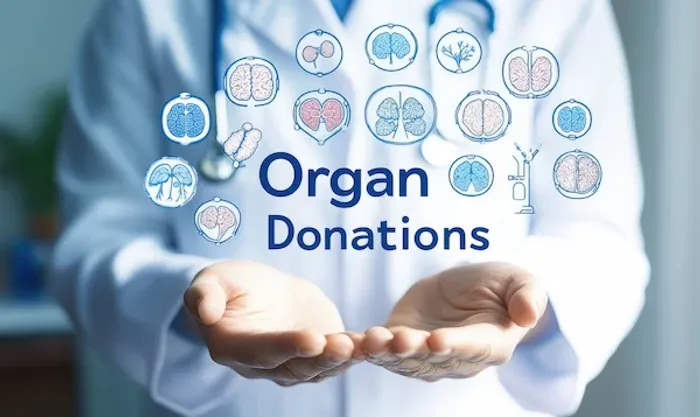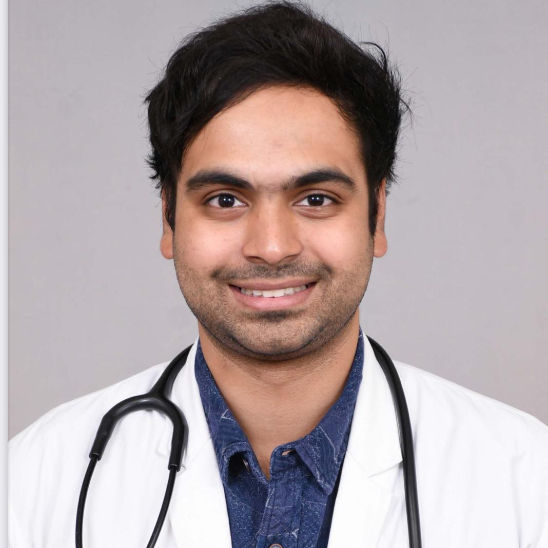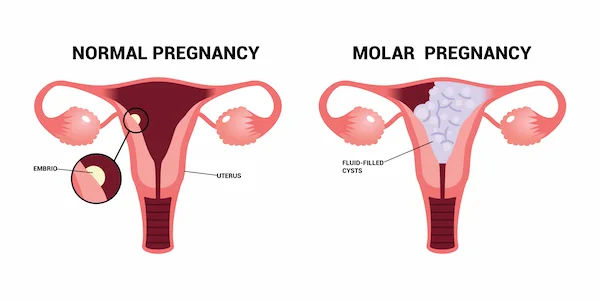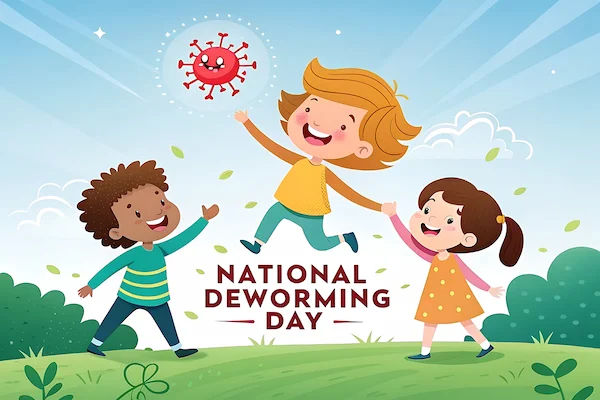Guide to Debunking Myths Associated with Organ Donation
Separate fact from fiction with this comprehensive guide on organ donation. Learn the truths behind common myths and make an informed decision to save lives.

Written by
Last updated on 13th Jan, 2026

Introduction
Every year, thousands of lives are saved and transformed by the selfless act of organ donation. Yet, a critical shortage of donors persists, leaving over a million people on waiting lists globally, hoping for a second chance. Often, the barrier isn't a lack of compassion but a cloud of misinformation and deep-seated fears. This guide aims to shine a light on the truth by systematically debunking the myths surrounding organ donation. Whether you're hesitant, curious, or already a registered donor seeking to reassure others, understanding the facts is the first step toward making an informed decision. We will address common concerns about medical care, age, religion, and the donation process itself, replacing apprehension with clarity and hope. By separating fiction from reality, we can empower more people to consider becoming donors and ultimately, help close the gap between those in need and the life-saving gifts that can help them.
Why Debunking These Myths is a Matter of Life and Death
The decision to become an organ donor is profoundly personal, but its impact is undeniably collective. Misinformation acts as a silent barrier, preventing potentially life-saving actions. When myths about organ donation go unchallenged, they contribute directly to the growing transplant waiting list. For every person who decides not to register based on a false belief, several patients lose their chance at survival.
Consider the statistics: In India alone, over 500,000 people require an organ transplant annually, but only a fraction receive one. This gap isn't due to a lack of medical capability but a shortage of donors. By addressing fears head-on, we don't just ease individual concerns; we actively participate in a public health initiative that saves lives. Debunking these myths is not about convincing everyone to donate—it's about ensuring that the decision is based on facts, not fiction. It's about replacing fear with understanding, so that those who are willing can step forward with confidence, knowing their choice is respected, safe, and truly heroic.
Consult a Specialist for the best advice
Myth vs. Reality: The Most Common Organ Donation Fears
Myth 1: "Doctors Won't Save Me If I'm a Donor"
This is perhaps the most pervasive and dangerous myth. The reality is that a medical professional's primary duty is always to save the life of the patient in front of them. Emergency room doctors and healthcare teams are entirely separate from the transplant team. Their focus is solely on your survival.
- The Truth: The transplant team is only notified after all life-saving efforts have been exhausted and a patient has been declared legally dead, typically by brain death criteria confirmed by two senior doctors not associated with the transplant program. The medical staff treating you have no access to the donor registry in an emergency and are committed to providing the highest standard of care, regardless of your donor status.
Myth 2: "I'm Too Old or Unhealthy to Donate"
Many people assume their age or medical history automatically disqualifies them. This is a significant misconception. There is no strict age limit for organ donation. The suitability of organs is determined by their health and function at the time of death, not the donor's chronological age.
- The Truth: Organs from donors in their 70s, 80s, and even 90s have been successfully transplanted. Even if some organs are not suitable for transplant, tissues like corneas, skin, bone, and heart valves can often be donated and can dramatically improve someone's quality of life. Medical professionals will evaluate your organs at the time of death to determine what can be used. Don’t rule yourself out; let the experts decide.
Myth 3: "Organ Donation Disfigures the Body"
The fear of not being able to have an open-casket funeral is a common concern. The procedure for organ and tissue donation is a sterile, surgical operation performed with the same care and respect as any other surgery.
- The Truth: Great care is taken to preserve the donor's appearance. Incisions are closed meticulously, and the body is treated with utmost dignity and respect throughout the process. It is entirely possible to have a traditional open casket funeral after organ donation. The family can view the body, and there will be no visible signs of the donation surgery that would interfere with a viewing.
Myth 4: "My Religion Forbids Organ Donation"
Most major world religions view organ donation as a final act of charity and compassion. The principles of saving a life are highly valued across faiths.
- The Truth: Religions including Hinduism, Islam, Christianity, Sikhism, and Buddhism generally support or have rulings that permit organ donation, often considering it a selfless, life-affirming act. For example, in Islam, the principle of "saving one life is as if you save all of humanity" is often cited. If you have specific concerns, it's always best to consult a trusted religious leader in your community for guidance, but for most people, faith is a reason to donate, not refrain. Addressing Systemic Concerns and Misconceptions
Myth 5: "The Organ Allocation System is Unfair"
The belief that wealth or celebrity status can bump someone up the transplant waiting list is a common distrust of the system. However, the allocation process is designed to be strictly objective and medically guided.
- The Truth: Organs are allocated based on a transparent, computerised algorithm managed by government-authorised bodies like NOTTO (National Organ and Tissue Transplant Organisation) in India. The system prioritises factors like medical urgency, time spent on the waiting list, blood type compatibility, and geographical proximity between the donor and recipient. A person's wealth, race, or social status is not a factor. This ethical allocation system ensures that the sickest patients who are the best match receive priority.
Myth 6: "My Family Will Be Charged for the Donation"
Families of donors often worry about incurring costs for the donation procedure. It's important to know that the donor's family is never billed for any costs related to the donation.
- The Truth: All costs associated with the organ recovery and donation process are covered by the recipient's insurance or the transplant hospital. The donor's family is only responsible for the medical expenses incurred during the life-saving efforts and standard funeral costs. There are no costs for organ donation passed on to the grieving family.
The Realities of the Donation Process: What Actually Happens
Understanding the meticulous and respectful process can alleviate many fears. The journey from donation to transplantation is managed with precision and care.
The Critical Difference: Brain Death vs. Cardiac Death
It's crucial to understand that most organ donors are victims of severe brain injury who are declared brain dead. This is a legal definition of death, meaning the brain has permanently and completely stopped functioning. It is irreversible. The body can be maintained on a ventilator temporarily to keep the organs oxygenated until the recovery process. In contrast, cardiac death occurs when the heart stops beating. In some cases, tissue donation (like corneas) or certain organ donations can proceed after cardiac death under specific controlled circumstances.
The Role of the Organ Procurement Organisation (OPO)
A key player is the Organ Procurement Organisation (OPO). This independent, non-profit organisation coordinates the entire process. They are responsible for evaluating the donor, matching organs with recipients on the national waiting list, arranging the surgical teams, and transporting the organs. They also provide support and information to the donor's family, ensuring they understand the process and are treated with compassion. This separation of duties ensures the system is ethical and focused on its life-saving mission.
Conclusion: From Myth to Hope – Take the Next Step
Debunking the myths surrounding organ donation clears the path for hope and action. We've seen that the fears about medical care, age, religion, and the process itself are largely unfounded, replaced by a system built on ethical principles, medical excellence, and profound respect. The power to save up to eight lives and heal dozens more through tissue donation rests on our collective willingness to be informed.
Now that you have the facts, the next step is yours. If you believe in this cause, don't let misinformation be the reason someone waits. Register as an organ donor today through your state's or country's official registry. Most importantly, have a conversation with your family about your decision. This ensures your wishes are known and can be honored, giving them the clarity and comfort they need during a difficult time. Your informed choice can turn a tragedy into a legacy of life.
Consult a Specialist for the best advice

Dr. Anand Ravi
General Physician
2 Years • MBBS
Bengaluru
PRESTIGE SHANTHINIKETAN - SOCIETY CLINIC, Bengaluru

Dr. Dhanraj K
General Physician/ Internal Medicine Specialist
25 Years • MBBS, MD Internal Medicine - Osmania Medical College, Hyderabad
Hyderabad
Apollo Hospitals Jubilee Hills, Hyderabad
(400+ Patients)

Dr. Vivek D
General Physician
4 Years • MBBS
Bengaluru
PRESTIGE SHANTHINIKETAN - SOCIETY CLINIC, Bengaluru

Dr Syed Mateen Pasha
General Physician
2 Years • MBBS
Bengaluru
PRESTIGE SHANTHINIKETAN - SOCIETY CLINIC, Bengaluru

Dr Bhargav Vuppumalla
General Physician/ Internal Medicine Specialist
5 Years • MBBS MD GENERAL MEDICINE
Bengaluru
Apollo Medical Center, Marathahalli, Bengaluru




